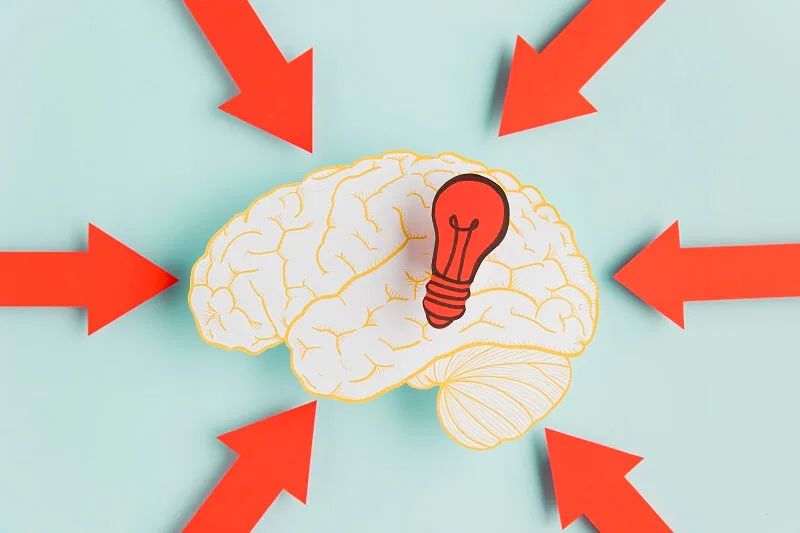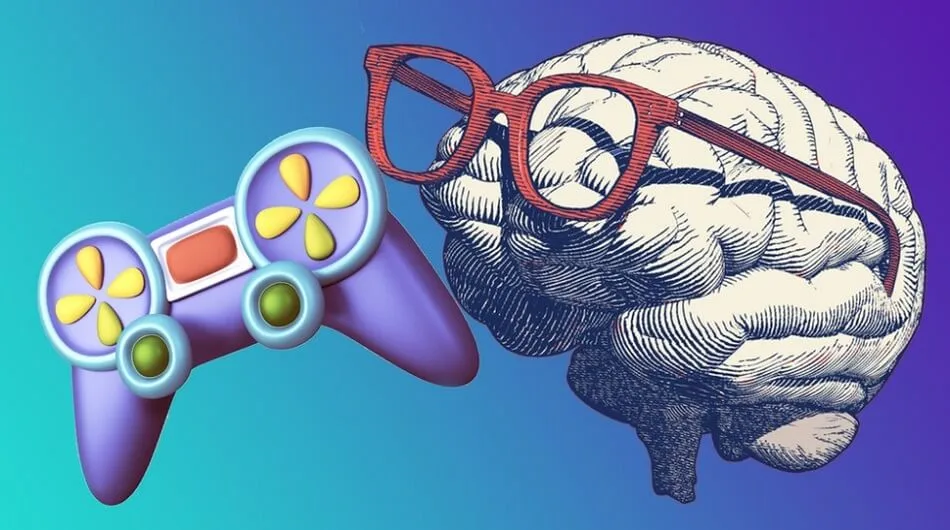Understanding the intricate interplay between mental health and the path to rehabilitation is paramount in addiction recovery. The association between these two facets is far from incidental, wielding a profound influence on the trajectory of recovery. Beyond the physical aspect of addiction, mental health plays a fundamental role, often as a catalyst or impediment. This exploration ventures into the depths of this relationship, shedding light on how mental health underpins the initiation, progression, and long-term sustenance of the recovery process.
Mental Health and Addiction
The intricate interplay between mental health and addiction underscores a profound relationship, significantly influencing the recovery trajectory. Mental health challenges often precede or coexist with addiction, amplifying its complexity and rendering recovery more intricate. These challenges can stem from various sources, encompassing past traumas, genetic predispositions, or ongoing stressors. Addressing addiction without acknowledging its nexus with mental health may compromise the effectiveness of treatment initiatives. A comprehensive understanding of this relationship allows for tailored interventions that address the root causes and pave the way for sustainable recovery.
Impact of Mental Health on Addiction Onset
Mental health exerts a pivotal influence on the onset of addiction, often serving as a catalyst for its initiation. Individuals grappling with untreated mental health conditions may resort to substances or behaviors as a coping mechanism, seeking relief from their emotional distress or psychological imbalances. Mental health challenges can augment susceptibility to addiction, heightening the risk of substance abuse to alleviate emotional pain or instability. Understanding this relationship is fundamental in designing preventative strategies and early interventions, aiming to disrupt the cycle of mental health deterioration leading to substance misuse.
Mental Health Factors Hindering Recovery
Untreated mental health issues significantly impede the progress of addiction recovery, presenting substantial obstacles. Psychological disorders such as depression, anxiety, or post-traumatic stress disorder can undermine motivation and commitment to the recovery process. These conditions often manifest in self-destructive behaviors, hindering the individual’s ability to adhere to treatment plans and sustain abstinence. Additionally, untreated mental health challenges may intensify cravings and triggers, making relapse more probable. Addressing these mental health factors concurrently with addiction treatment is essential to facilitate a comprehensive and enduring recovery journey.
Psychological Triggers and Relapse
Psychological triggers play a pivotal role in the potential for relapse during addiction recovery. These triggers, often rooted in unresolved emotional trauma or stressors, activate ingrained patterns of addictive behavior. Exposure to environments, individuals, or situations associated with past substance use can evoke powerful cravings and undermine the progress made in recovery. Heightened emotional states, like anxiety or sadness, can amplify vulnerability to these triggers. Understanding and identifying these psychological triggers are fundamental to developing coping strategies that fortify an individual’s resilience against relapse and promote sustained recovery.
Addressing Co-occurring Disorders in Treatment
Comprehensive addiction treatment necessitates a dual-pronged approach that addresses co-occurring mental health disorders. When addiction coexists with conditions such as depression, bipolar disorder, or trauma-related disorders, tailored interventions become imperative. Integrating mental health care within addiction treatment mitigates the risk of incomplete recovery, enhancing treatment efficacy. By concurrently focusing on addiction and mental health, treatment programs can better equip individuals to manage their conditions and cultivate the essential skills for sustained recovery, thereby promoting overall well-being.
Importance of Holistic Approach in Recovery
A holistic approach to addiction recovery recognizes the profound interconnection between mental, physical, and emotional well-being. Several reputable facilities and detox centers in Ohio and other states support this strategy and stress the importance of addressing both the addiction itself and the underlying causes that contribute to it. Integrating medical, psychological, and social aspects provides a more comprehensive and effective recovery strategy. It encompasses personalized treatment plans, considering the unique needs of each individual, and encourages healthy lifestyle changes, aiding in sustained recovery. Emphasizing holistic well-being not only enhances the chances of successful recovery but also cultivates a more fulfilling and balanced life beyond overcoming addiction.
Conclusion
Addressing both aspects in a cohesive and integrated manner significantly enhances your prospects of a sustainable and fulfilling rehabilitation. Remember, mental well-being is not an isolated factor but a cornerstone of successful recovery. By incorporating tailored interventions, acknowledging psychological triggers, and fostering resilience, you fortify yourself against relapse. Embrace the comprehensive approach, valuing your mental health and the pursuit of a substance-free life, paving the way for a more resilient and balanced future.





